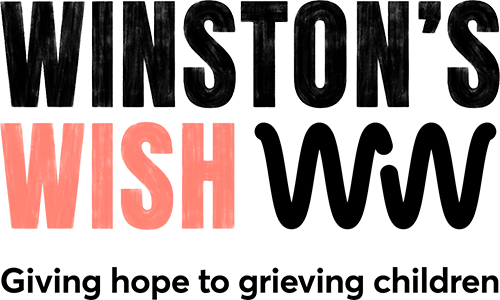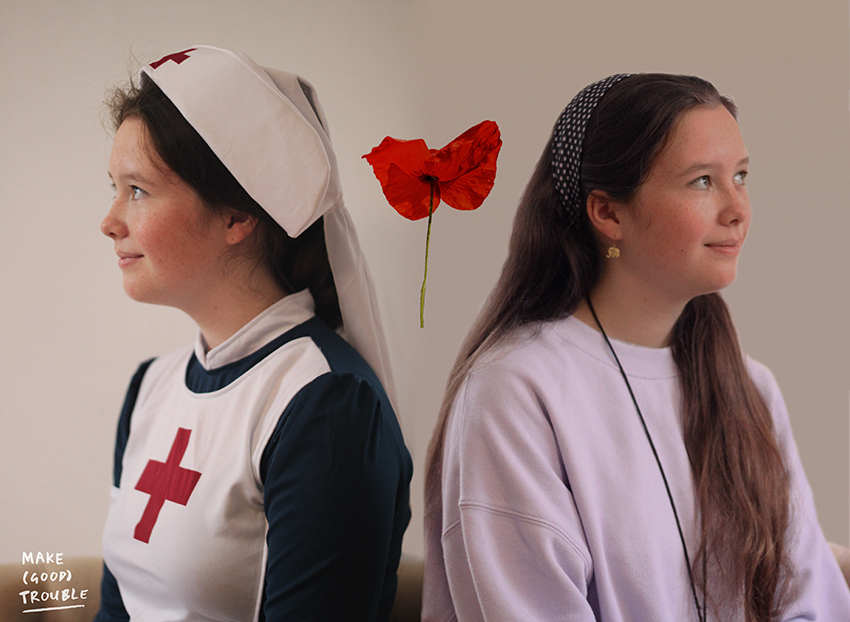Our latest Q&A is all about weed and drug-taking. We’ve seen a rise in concerns from parents and teens about use of weed, and worries about county lines. We brought together a group of brilliant experts: Carl Scott, a youth worker from Reboot Sussex; Toby Chown from charity Oasis Project which helps families affected by alcohol and drug use; Luci Hammond from RU-OK?; and PC Joe Davies from Sussex Police.
Watch our half hour conversation (below) which covered:
- signs to look out for if you think your teen is taking drugs;
- how a parent should approach them and talk about concerns;
- advice about what effect different drugs have on the body;
- when to seek help and where to find it;
- parent’s influence
- what to do if you’re concerned about drug dealing and county lines;
- and what the law says.
If you’re concerned about a young person getting involved in drugs or county lines, getting advice before talking to them can really help. Call Crimestoppers on 0800 555 111.
HELP & SUPPORT
Talk to Frank Information for parents worried about their child and demystifying the language around drugs
Oasis Project, helps women, children and families affected by alcohol or drug misuse, and Young Oasis providing a place of safety and support for children and young people
RU-OK? Part of Brighton & Hove Children’s Services, working alongside under 18s whose lives are affected by substance misuse in Brighton & Hove. RU-OK? adolescent service switchboard – 01273 293966 – ask for RU-OK
Change Grow Live charity with advice on alcohol and drugs including information about benzodiazepines
Young Minds offer information for parents worried about their child’s use of alcohol or drugs


